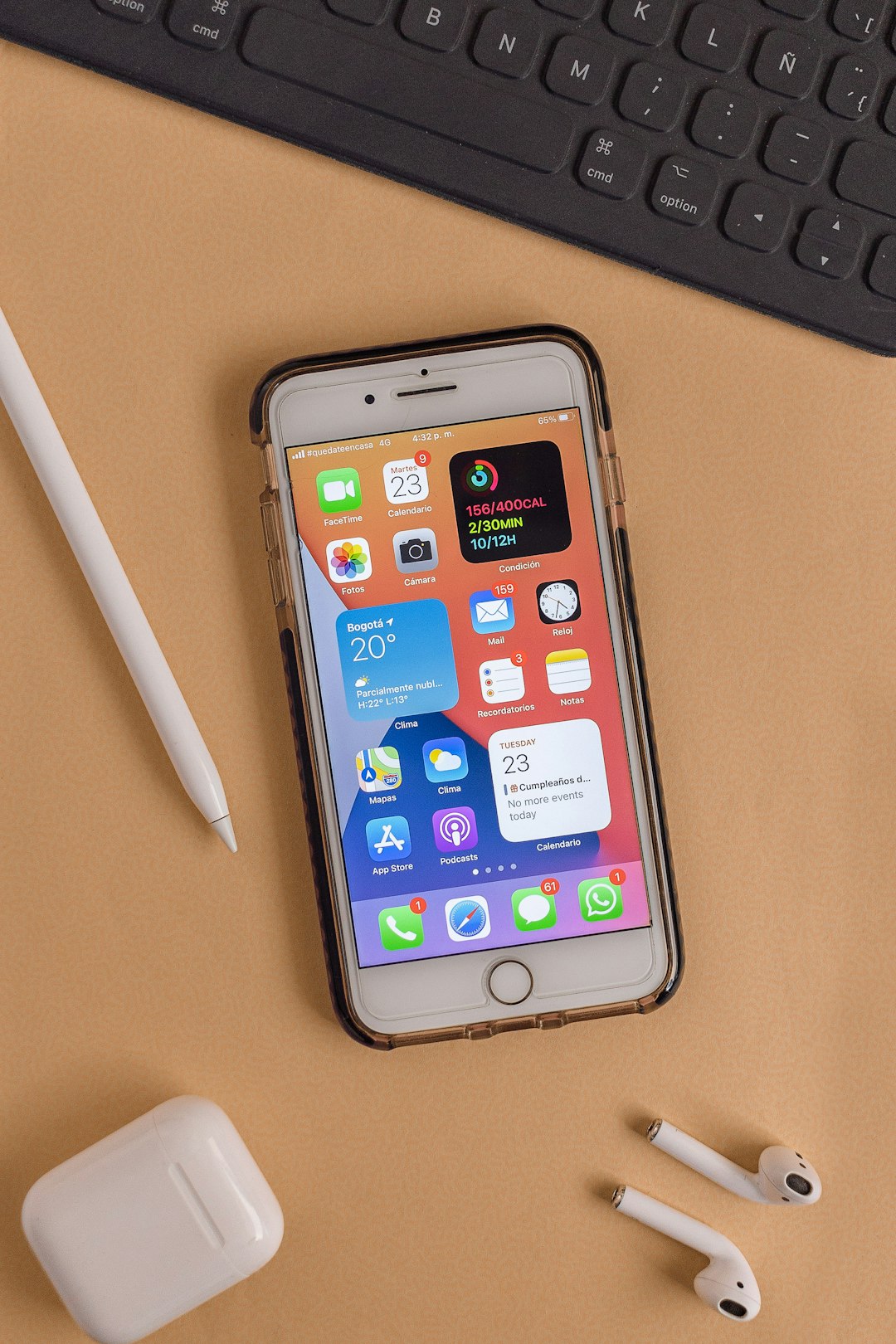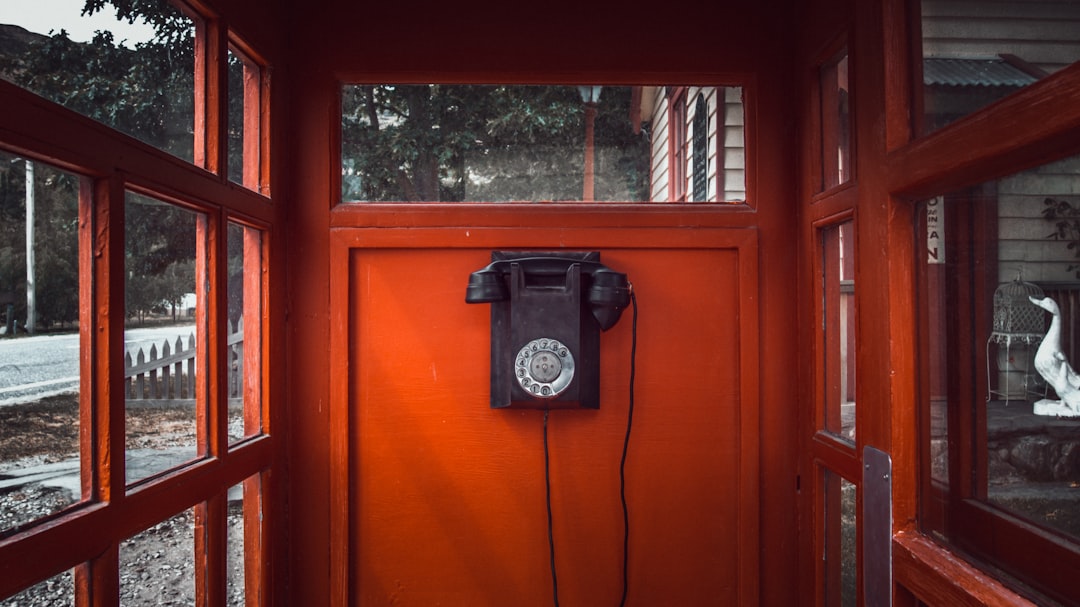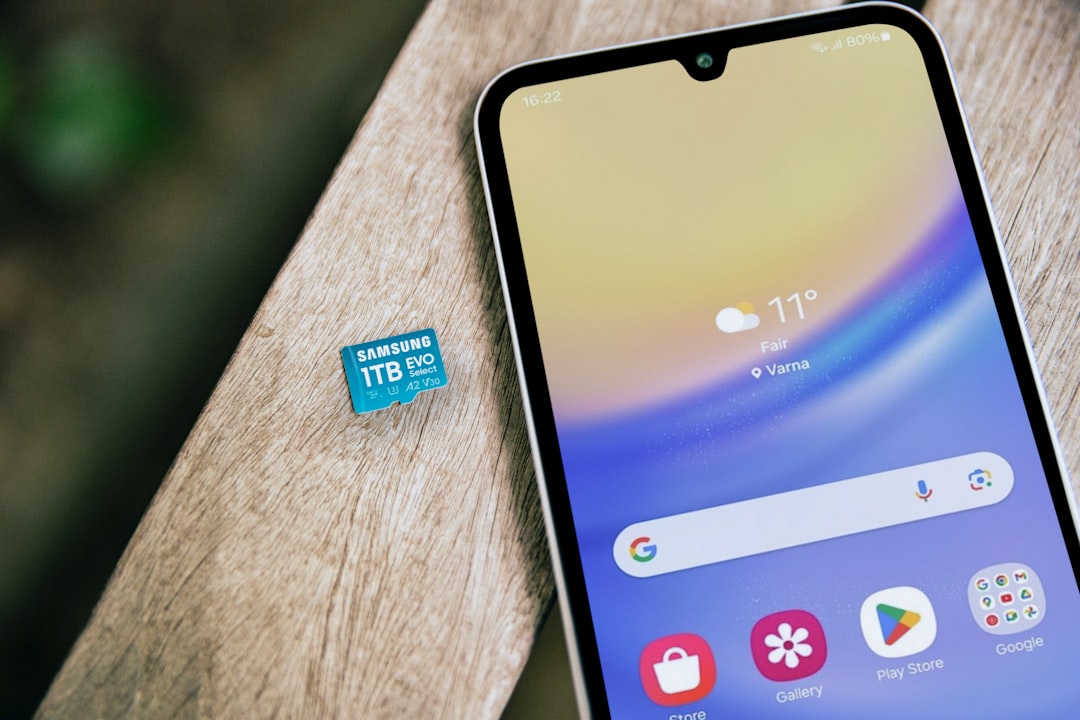Florida's robocall laws restrict unsolicited automated calls, requiring businesses to obtain prior consent. Consumers can protect themselves via the National Do Not Call Registry and app tools like Hiya and NoMoRobo, which identify and block spam. Registration on the Registry, app usage, and informed awareness of robocall regulations are key to reducing unwanted calls and upholding Florida's strict robocall laws.
In today’s digital age, robocalls have become a ubiquitous nuisance. Understanding Florida’s laws regarding these automated calls is the first step in reclaiming control. This article delves into effective strategies and top apps designed to combat robocalls specifically targeting Floridians. By exploring robust protection methods, we aim to empower residents with the tools and knowledge needed to navigate the legal landscape while minimizing intrusive phone calls.
Understanding Robocalls and Florida Laws

Robocalls, automated phone calls or texts sent en masse, have become a widespread nuisance, especially in Florida where they are regulated by state laws aimed at protecting residents. The Florida Communications Act prohibits unsolicited telemarketing calls, often referred to as robocalls, unless the caller has obtained prior express consent from the recipient. This means that businesses must obtain explicit permission before automating their marketing efforts over the phone.
Understanding these laws is crucial for both consumers and businesses. Consumers can take action by registering on the National Do Not Call Registry and reporting unwanted calls to Florida’s Attorney General’s office. Businesses, on the other hand, need to implement practices that comply with these regulations to avoid penalties. By staying informed about robocall laws in Florida, residents and companies can work together to minimize automated calls and create a more peaceful communication environment.
Top Apps to Fight Back Against Robocalls

In the age of relentless robocalls, Floridians have taken matters into their own hands by turning to innovative apps designed to combat this nuisance. With a robust legal framework in place under Florida’s robocall laws, these applications offer practical solutions for residents to reclaim their peace of mind and control over their phone lines.
One popular app is Hiya, which uses advanced machine learning algorithms to identify and block spam calls. Another notable mention is NoMoRobo, an intelligent call-blocking system that learns from user feedback to enhance its accuracy. These apps not only protect against robocalls but also provide valuable data to support the ongoing efforts to strengthen Florida’s robocall laws, ensuring a safer and more secure communication environment for all residents.
Effective Strategies for Robust Protection

Preventing robocalls is a significant concern for many Floridians, given the state’s robust communication infrastructure and high call volumes. To combat this issue, several effective strategies offer robust protection against unwanted automated calls. Firstly, utilizing apps designed to block or identify robocalls can significantly reduce the number of intrusive calls received. These applications leverage advanced algorithms and community-driven data to accurately detect and filter out spam calls.
In addition to app-based solutions, Florida residents can employ other tactics such as registering their numbers on the National Do Not Call Registry and adjusting phone settings to restrict unknown or unwanted callers. By combining these approaches, individuals can create a robust defense against robocalls, ensuring a more peaceful and undisturbed communication experience. Remember that staying informed about the latest robocall laws in Florida is key to maximizing protection under the law.






